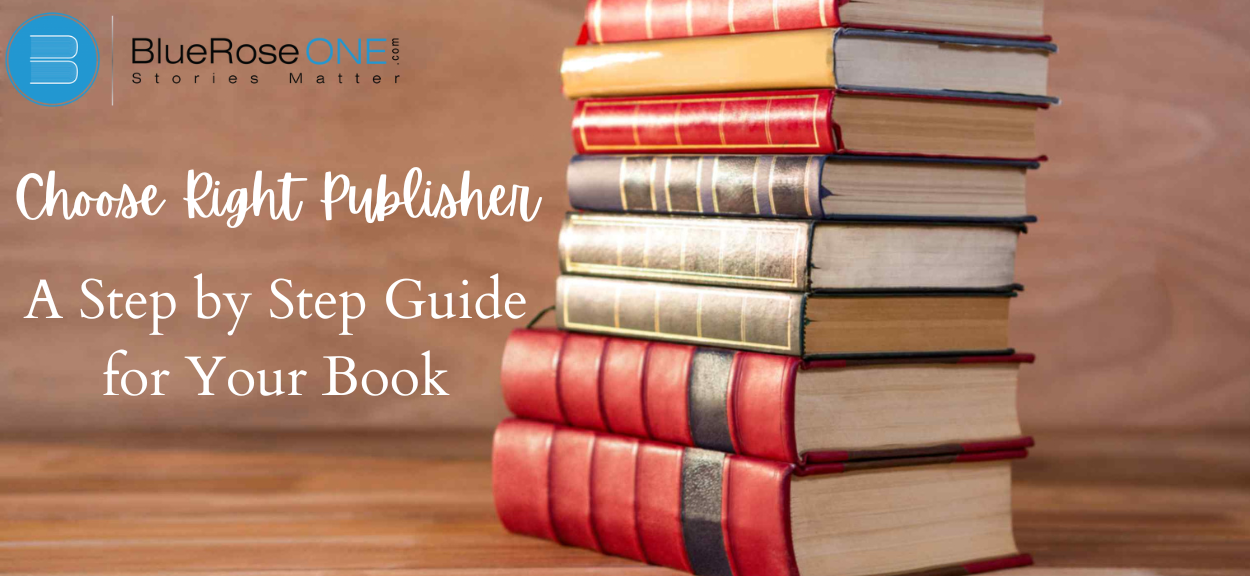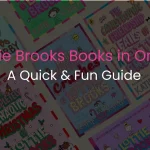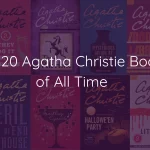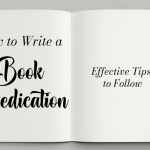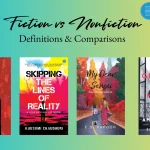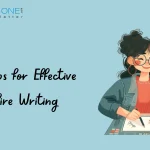Indroduction
Understanding Your Publishing Options
Researching Potential Publisher
Evaluating Publiser Reputation and Credibility
Assessing Publisher Compatibility with Your Book
Navigating the submission Process
Negotiating Contact Terms
Securing Publishing Rights and Royalities
Finalizing Your Decision and Signing with Confidence
Post-Publishing Support and Relationship Management
Conslusion
Introduction
Embarking on a book publishing journey is an exciting endeavor filled with creative passion and a desire to share your story with the world. Amidst all the excitement, however, is a critical decision that can dramatically change the trajectory of your book: choosing the right publisher.
With many options available, each offering unique services and capabilities, navigating this landscape can be daunting. Fear not, because in this comprehensive guide, we’ll walk you through step-by-step how to choose the best publisher for your literary masterpiece.
From understanding your publishing goals to evaluating potential partners, we provide you with the information and expertise you need to make an informed decision that perfectly aligns with your vision. So whether you’re a debut author or a seasoned veteran, join us to find out how to find the perfect publisher for your book.
Understanding Your Publishing Options
Understanding your publishing options is crucial when embarking on the journey of bringing your book to the world. Traditional publishing involves partnering with established publishing houses, which typically offer advances, editorial support, and wide distribution networks. However, this route often involves a lengthy submission process and relinquishing some creative control.
On the other hand, self-publishing provides authors with full control over their work, from content to distribution, allowing for faster publication timelines and higher royalties per sale. With self-publishing, authors can choose from various platforms and services to tailor their publishing experience to their needs and budget.
Hybrid publishing combines elements of both traditional and self-publishing, offering authors a middle ground where they can retain more control while still accessing professional publishing services. Each option has its pros and cons, and understanding them thoroughly is essential for making an informed decision that aligns with your goals, timeline, budget, and creative vision.
Researching Potential Publisher
Researching potential publishers is a crucial step in finding the right fit for your book. Begin by compiling a list of publishers who specialize in your genre or subject matter. Consider factors such as reputation, distribution channels, and editorial style. According to a survey conducted by Writer’s Digest, 67% of authors reported that publisher reputation was the most important factor in their decision-making process.
Additionally, examine each publisher’s track record with similar titles, their marketing strategies, and their author support services. This thorough research ensures that you align with a publisher who can effectively bring your book to market and support its success.
Evaluating Publisher Reputation and Credibility.
When evaluating a publisher’s reputation and credibility, it’s essential to conduct thorough research. Start by examining their track record with similar genres or authors. Look for testimonials, reviews, and ratings from other writers who have worked with them. Additionally, investigate their history of book sales, distribution networks, and marketing strategies.
A reputable publisher should have a solid reputation for fair dealings, transparent communication, and timely payments. Scrutinize any red flags such as unresolved complaints or negative press. Ultimately, choosing a publisher with a sterling reputation ensures your book is in capable hands and increases the likelihood of success in the competitive publishing landscape. “Bluerose Publisher” lives up to all the points mentioned above.
Assessing Publisher Compatibility with Your Book
Assessing publisher compatibility with your book is a critical step in the publishing process, ensuring that your work finds the right home for its success. Start by examining the publisher’s catalog to see if they have experience with similar genres or themes. Consider their target audience and whether it aligns with yours. Evaluate their marketing and distribution strategies to gauge how well they can promote your book.
Additionally, look into their editorial standards and the level of support they offer authors throughout the publishing journey. By thoroughly assessing compatibility, you can make an informed decision that maximizes your book’s potential in the market.
Navigating the Submission Process
Finding the proper publisher for your novel requires navigating the submission process. It includes getting your novel ready, writing a strong book proposal or query letter, and locating appropriate publishers or literary agents. Making a good impression requires reading submission rules and following particular formatting guidelines.
Furthermore, you can increase your chances of success by being aware of the publisher’s preferences, genre focus, and target demographic. Patience and perseverance are essential traits as you work through this process because rejection can occur at some point. You may raise your chances of discovering the ideal publishing partner for your book, though, by carefully planning ahead and submitting it in a calculated manner.
Negotiating Contract Terms
One of the most important steps in choosing the best publisher for your book is negotiating the terms of the contract. It entails a thorough analysis and discussion of a number of topics, including advance payments, royalties, rights retention, marketing assistance, and manuscript edits. Prioritizing their own interests is important, but authors also need to take publisher requirements and industry norms into account.
A mutually beneficial agreement can only be reached through clear communication and an understanding of each party’s expectations. In order to guarantee justice and the preservation of rights prior to contract finalization, this phase necessitates close attention to detail and may involve consulting with legal counsel.
Securing Publishing Rights and Royalties
Important milestones in the book publication process include negotiating royalties and securing publishing rights. It entails figuring out how much control you, the creator, have over your work and how much you are paid when someone uses it. In order to protect your valuable rights, such as those related to audio and video adaptations, you must identify the rights provided to the publisher, including print, digital, and translation rights.
A fair agreement on the portion of sales revenue you will earn must be reached throughout the royalties negotiation process, weighing your financial interests against the publisher’s expenditure on production and distribution. For a mutually advantageous arrangement to be ensured, it is imperative that there is clear communication and comprehension of contractual conditions.
Finalizing Your Decision and Signing with Confidence
Making your choice and signing with assurance are crucial steps in selecting the best publisher for your book. At this point, it’s critical to carefully go over every detail of the publication deal to make sure that all rights, royalties, and other provisions are clear and equitable. Seek clarity on any unclear areas and, if needed, negotiate terms in order to reach a win-win solution.
Follow your gut and determine whether the publisher shares your long-term objectives and vision for the book. You may establish the foundation for a fruitful collaboration that will enable your book to reach its greatest potential by going into the signing process with assurance and thoroughness.
Post-Publishing Support and Relationship Management
Relationship management and post-publication support are essential components of the author-publisher dynamic. Having a solid working connection with your publisher after your book is released guarantees continued assistance with marketing, distribution, and possible follow-up projects. This stage entails efficient communication to resolve any issues, track sales results, and plan for long-term visibility.
Working closely with your publisher will enable you to take advantage of their knowledge of the ever-changing book market and will also help to build a mutually beneficial collaboration that will hopefully benefit both of you in the long run.
Conclusion
In conclusion, choosing the right publisher is key to the success of your book. By carefully examining countless options and thoroughly researching each potential publisher, you ensure that your manuscript finds its ideal home. Once you’ve made a decision, negotiating favorable contract terms and securing appropriate rights and royalties will further strengthen your book’s future. Remember, the journey does not end with signing the contract.
It is important to maintain a positive and communicative relationship with the publisher in order to achieve continued support and success. With hard work and careful consideration, you will pave the way for your book to succeed in the literary world.

